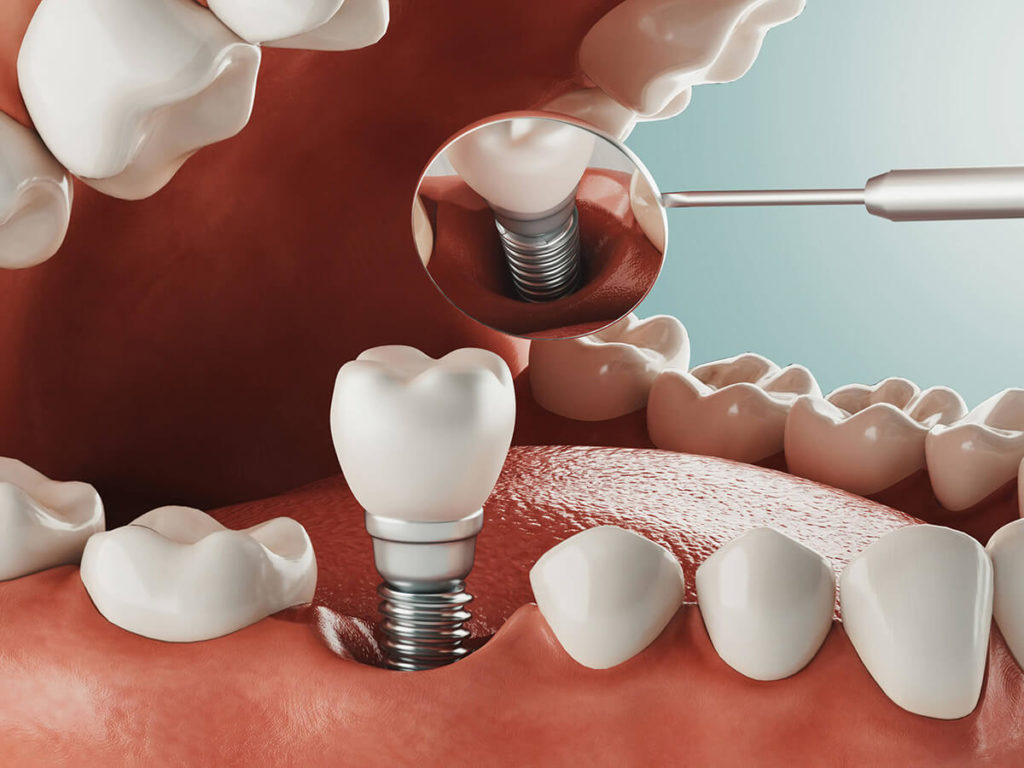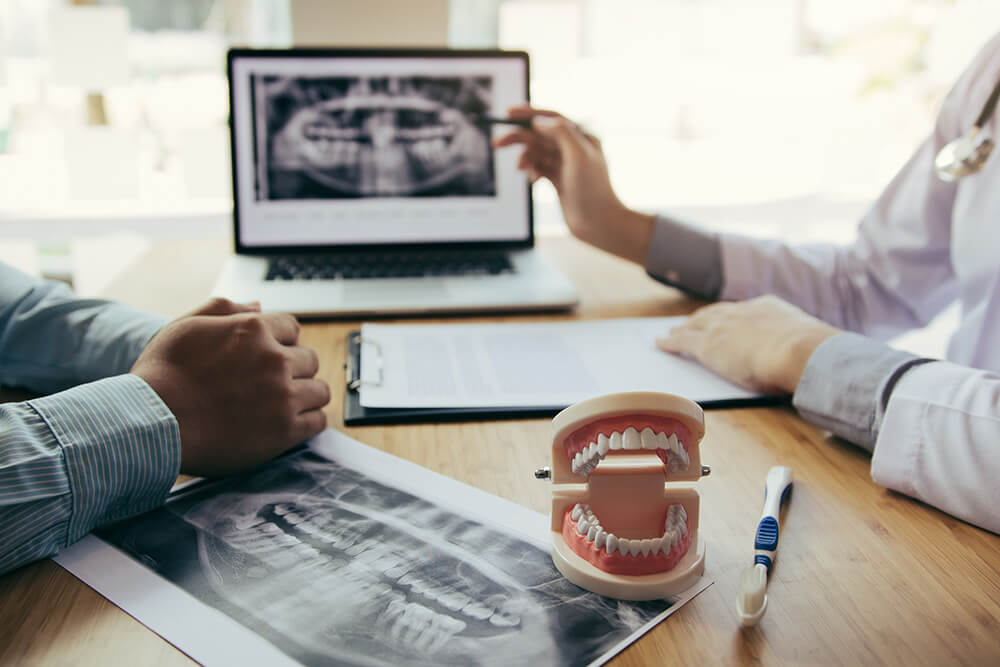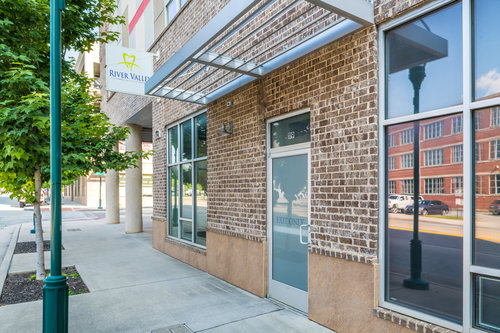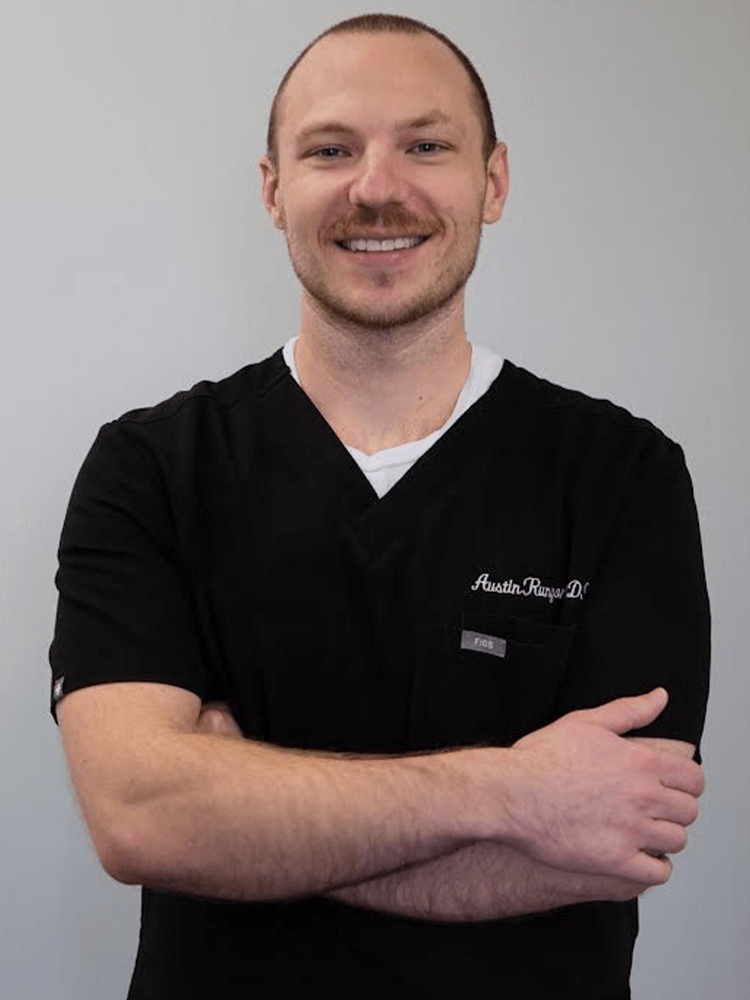Dental Implants
Losing one or more teeth can significantly impact your quality of life, not only by affecting your smile but also by diminishing your ability to chew food and speak clearly. At River Valley Dentistry, we offer state-of-the-art dental implants that provide a durable, permanent solution for missing teeth, designed to restore both function and aesthetics to your smile.
What Are Dental Implants?
Dental implants are the most advanced solution for replacing missing teeth in modern dentistry. These are small titanium posts that are surgically implanted into the jawbone. Over time, they fuse with the bone in a process called osseointegration, which makes them a stable foundation to support a custom-made crown, bridge, or denture. These artificial teeth look, feel, and function like natural teeth, providing a complete and comfortable oral solution.
Restore your smile with durable, natural-looking dental implants at River Valley Dentistry! Visit us in Chattanooga, Ooltewah, or Signal Mountain—schedule your free consultation today to take the first step toward a confident smile!

Why Choose Dental Implants?
- Natural Look and Feel: Dental implants are virtually indistinguishable from natural teeth, both in appearance and function.
- Longevity and Durability: Implants are designed to be a long-lasting solution with the potential to last a lifetime with proper care.
- Bone Health: Unlike other tooth replacement options, implants help preserve the jawbone and prevent bone deterioration.
- Improved Oral Health: Implants do not require altering adjacent teeth, which supports maintaining more of your natural teeth’s integrity.
- Enhanced Comfort: Once healed, implants eliminate the discomforts associated with removable dentures.
Dental Implant Procedure
The process of getting dental implants involves several steps:
- Consultation and Planning: Our dental team will conduct a thorough examination and use imaging technologies to create a precise treatment plan.
- Implant Placement: The implant is surgically placed into the jawbone. This procedure is typically performed under local anesthesia.
- Healing and Osseointegration: The implant integrates with the jawbone over several months. Temporary teeth may be placed for aesthetic purposes during this period.
- Final Restoration: Once integration is complete, custom-made crowns or prosthetics are fabricated and securely attached to the implants.
Dental Implant Cost
At River Valley Dentistry, we prioritize our patients and strive to provide them with the best possible care. During your consultation, we will collaborate with you to create a personalized treatment plan that meets your unique needs. Based on the specifics of your plan, we will determine a customized price for your care. Additionally, we are pleased to accept CareCredit, which allows our patients to finance any aspect of their dental treatment.
View Financing Options
Dental Implant Aftercare
Following the procedure, you may experience some of the typical discomforts associated with any oral surgery, such as swelling of the gums and face, pain near the implant site, and minor bleeding.
- Minor Bleeding. It’s common to have a small amount of blood in your saliva for a day or two after your procedure. If you are experiencing bleeding, bite on a gauze pad for 30 minutes. If bleeding persists for more than a couple days, contact our office at 423-875-0600 or 423-803-4500.
- Swelling. To minimize swelling, place an ice pack on the cheek near the surgical area for 10 minutes, then remove the ice pack for 20 minutes and repeat.
- Oral Hygiene. Properly caring for your implants will help them last a lifetime. You should treat your dental implants as you do your natural teeth. This means you should brush and floss, twice a day, and have regular dental checkups.
- Pain Management. We will prescribe you pain medication following your surgery. You will likely want to take pain medication regularly for the first couple of days following your procedure. Any pain you experience should gradually subside over the first week following the procedure.
It is important to avoid spitting, sucking on straws, or smoking for at least a week following your surgery. This can dislodge the blood clot and slow the healing process. It is also important to stay hydrated and eat plenty of nourishing food to help you heal quicker. Eating can be challenging following the surgery, so we recommend eating soft, cool foods and chewing away from the implant site to avoid disturbing the healing process.
Meet Your Dental Implant Doctor

Dr. Willie Hammontree
Dr. Willie Hammontree is our dental implant doctor. Dr. Hammontree has been practicing for 11 years and has over 800 hours of implant-specific education. He enjoys taking part in continuing education opportunities to offer his patients the best care possible.
Meet Dr. HammontreeSchedule Your Consultation Today
Ready to restore your smile with dental implants? Contact River Valley Dentistry today to schedule a consultation. Our team is here to answer any questions you have and guide you through every step of the process. Rediscover your smile and your confidence with us!
See All Dental Services See Related Service: Tooth Extractions See Related Service: Dental Bone Grafting









